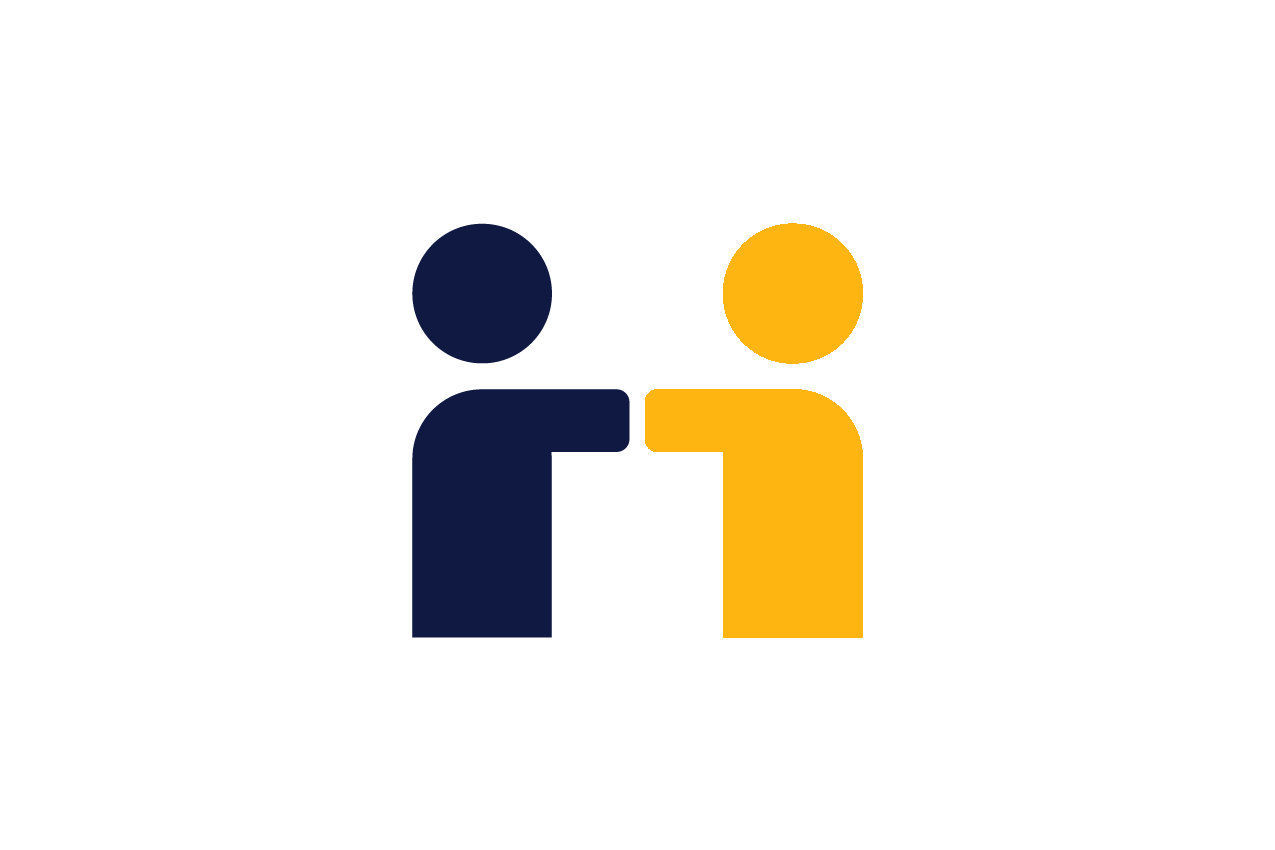Welcome to the dynamic world of 2023, where our society is shaped by boundless possibilities and ongoing change. Amidst uncertainties such as a potential recession, European turbulence, and skyrocketing prices, one thing is certain: the pursuit of work-life balance remains at the driver seat when it comes to professional life. It has never been more critical for talents to prioritise their well-being and seek a harmonious blend between personal and professional spheres. At Randstad, our profound understanding of employer branding goes beyond surface-level insights, enabling us to provide comprehensive strategies rooted in expertise.
work-life balance is a global driver
New global research from Randstad reveals that work-life balance appears to be the foremost catalyst of employee turnover, surpassing drivers such as ‘receiving too low compensation’ due to the rising cost-of-living and a “lack of career progression opportunities”. The recently released Randstad Employer Branding Research 2023 Global Report sheds light on a shifting landscape in which work-life balance now stands shoulder-to-shoulder with the most common motivating drivers like salary and benefits. In fact, this was already a trend in the 2022 Global Report, where 57% of respondents already rated work-life balance as a top priority. As it takes on an ever more pivotal role in defining the ideal employer, companies simply cannot afford to overlook the significance of work-life balance in attracting and retaining top talent and creating their own Employer Value Proposition (EVP).
remote working as a stepping stone
Remote working appears to play an important role in enhancing work-life balance, which is not surprising. The correlation is obvious across all regions — North America, Europe, Latin America, and Asia Pacific — according to the 2023 Global Report, employees who embrace remote work exhibit a higher commitment to work-life balance compared to those working in traditional office settings. However, it is essential to delve deeper into the complexities and question whether remote work alone is the ultimate solution for achieving work-life balance and fostering talent retention.
‘one of the main elements driving how employees view their employer’s support on providing a good work life balance is remote work(…)’
Randstad Employer Branding Research Global Report 2023, p.11
embracing work-life integration
Almost all of us experienced a flavour of what is remote work due to the pandemic. For some it was rocket science, the best there was as a work model, but for others the blurring lines between personal and professional lives have grown even more ambiguous. Work-life balance entails more than just working from home and clocking out at a specified hour. It evolves into a broader, deeper, and more complex concept that no longer follows a one-size-fits-all formula. Accepting work-life integration, in which the two are tightly interwoven, can help to achieve work-life balance by developing a balanced relationship between personal and professional endeavours. While this may seem unfamiliar to some senior executives and business owners, in a talent-driven job market, organisations who embrace this integration may gain a competitive advantage in attracting and retaining top talent.
work-life balance: navigating the change
To understand how the importance of work-life balance is changing, we must first look at how remote work is evolving. According to the Randstad Global Report, there appears to be a decline in the number of individuals exclusively working remotely across various regions, with a resurgence of traditional office environments in North America, Europe, and Latin America. However, a stable percentage of employees continue to embrace hybrid work arrangements, seamlessly blending remote and in-person work.
But work-life balance is more than just working from home. It is more than just location and commuting time, it is also related to benefits, flexibility, wellbeing, and catering to the needs of employees whose roles cannot be performed remotely. This presents a significant challenge for companies striving to deliver a comprehensive work-life balance. Moreover, the value of the different factors that impact work-life balance can differ depending on age, gender, education, job specialisation, not to mention region. Depending on each individual’s lifestyle and conditions, priorities may change. Developing a well-rounded employer branding strategy that considers these diverse talent drivers is crucial, and Randstad offers valuable global data and also local country reports that might support your company.
work-life balance and its many shapes
Work-life balance preferences vary by individual and evolve over time. We’ve said it before, change is a driving force of our society. So what better way to define change in our world than the meteoric rise of artificial intelligence technologies? As unbelievable as it may appear, AI powered automation seems to improve job fulfilment for nearly 89% of workers in some circumstances. Furthermore, just over 90% say automations save them time and improve their work-life balance. It's probable that a higher sense of fulfilment aids workers in their work-life integration.
This could lead to further conclusions, as sector attractiveness is likely a sign of employers' positive perceptions of greater work-life integration in their favoured industry. This scenario can be especially valuable for industries such as Information, Technology and Communication (ITC), Automotive, Engineering, Fast-Moving Consumer Goods (FMCG), and Life Sciences, which are listed as the top five attractive sectors globally in the Global Report 2023. Besides there being more work positions in these sectors that can be carried out remotely, more than two thirds (69%) of white-collar professionals appear to be motivated to work for an ITC company currently.

Despite the fact that these industries are among the top five most appealing globally, there are some regional variations, according to our Global Report. The automotive industry is particularly notable in Europe (47%), LATAM (72%), and APAC countries (70%). However, it only holds the 10th spot in North America, making it drop to the second spot overall. North America is actually the strongest region for engineering, ranking it as number one (61%). The engineering sector has been growing over the years, having reached first position last year, and even surpassing ITC. It is also important to highlight the prominence of the life sciences sector in North America (56%) and Europe (46%).
As these industries are highlighted globally, we can understand the importance of remote work as a factor of satisfaction. Providing flexible work arrangements can empower employees to adjust their schedules to their specific demands and responsibilities, as job flexibility is here to stay. This may include alternatives such as reduced workweeks, flexible start and end times, or the opportunity to work from locations other than home. Organisations can build a sense of trust and contentment in their employees by giving them autonomy and control over their work schedules, in the hopes of increasing productivity and engagement.
Organisations must keep in mind that maintaining a healthy work-life balance extends beyond scheduling flexibility. A company can actively encourage employee well-being initiatives by implementing wellness programs, promoting regular breaks, organising virtual social activities, and giving resources for mental health care can all contribute to this.
By prioritising work-life balance, businesses may unleash the potential for happier, more engaged, and productive employees, ultimately contributing to their long-term success. To learn more about how your company stands amongst other organisations in your country and how to develop a successful employer branding strategy, get in touch with us at Randstad: you can request contact here, and we will get back to you.





